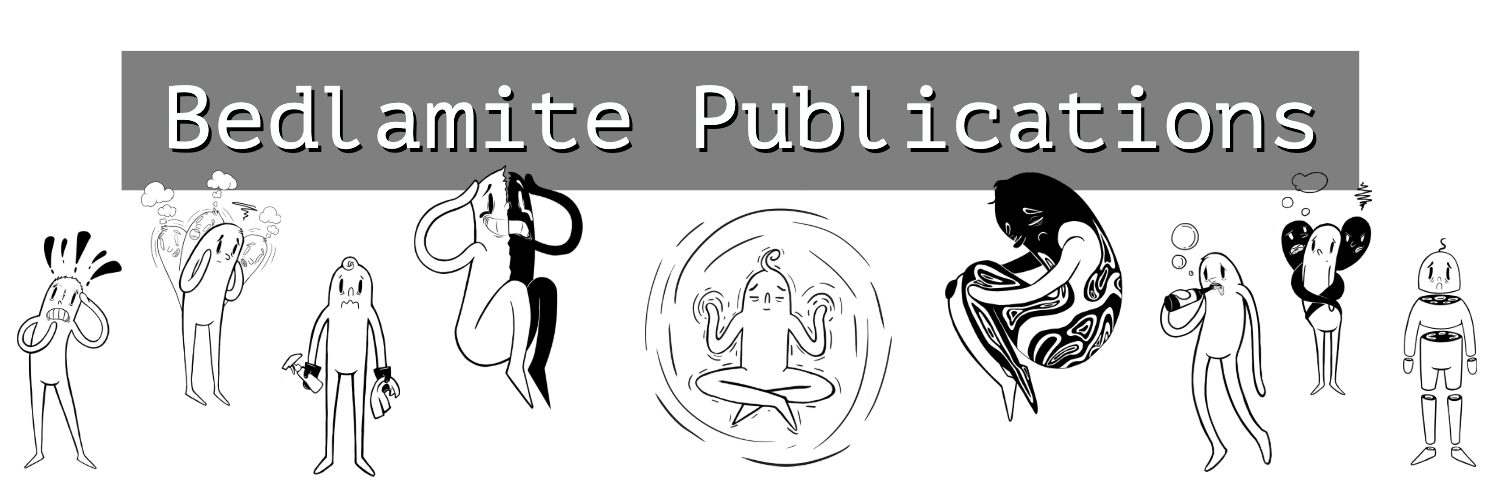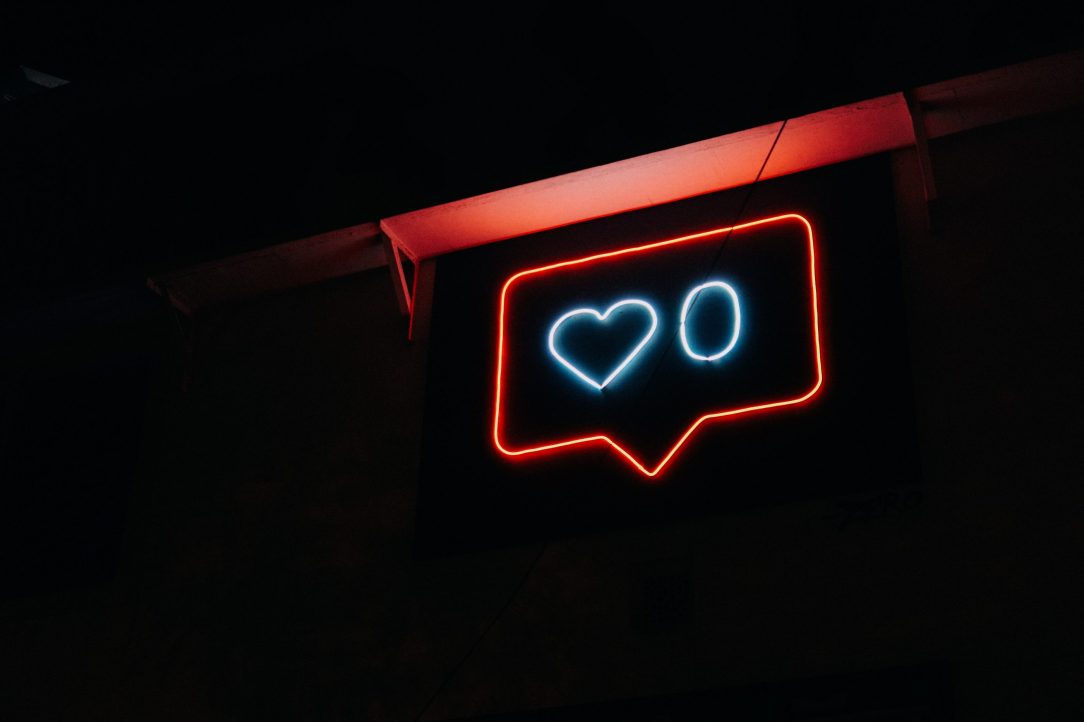Social media has changed the way we share our lives, friendships, and day-to-day dealings. Although there are many benefits that come with the utilization of such sites, there are also drawbacks. Such drawbacks include social media comparison, where we judge ourselves to others and the impact that has on us.
We’re going to explore the idea of social media comparison that has become, a quiet war that wages within us. We will discuss social media comparison and find ways to fight these feelings and move on.
The Anti-Social Dilemma of Social Media
The internet social circle is the new way in which friendships are made – a way to “follow” said friends despite the common circumstances that friendships before the internet died out. In simpler terms, social media platforms were built in order to make friendships and relationships easier.
However, there’s a darker undercurrent of social media sites. An ironic anti-social complex that has been built out of this new social media-conscious world we’ve been dropped into.
Social Media Effect On Our Minds
Currently, there is some research on how social media affects our minds, emotions, and relationships. Some of the findings have been incredibly insightful as well as concerns with social media causing:
- An increase of social anxiety and general anxiety over how users are perceived by those that they consider their “friends”. ¹
- An increase in depression related to social media comparison to others. Usually, it’s related to beauty standards, self-image complications, and jealousy of those in higher social or financial standings. ²
- A decrease in stable friendships and relationships due to social media use. Romantic partners have issues with their partners being jealous of others or cheating through social media. ³
- Social media use alters the reward centers of our brains in how we receive likes, tweets, and mentions. ⁴

Consequences of Social Media Comparison
Social media has become a premier place for teens to express themselves, keep up on the latest trends, and spend time with their friends. However, over the last decade, there has been more and more research that shows that social media sites are perhaps more harmful than helpful for young adolescents. Social media has brought forth issues stemming from cyberbullying to image issues that have been borne out of social media comparison.
Social Rumination
More and more social media users are reporting feeling depressed and anxious which has its own designation: social media rumination. This occurs when those who consistently use social media fret over their performance on the platform as well as how other people perceive their online personas.
Another factor of social media rumination is the concept of fear of missing out (FOMO). This is when users feel the need to check these platforms more regularly and craft their posts and content carefully in order to keep up with other users that they look up to. This fear of missing out more negatively affects younger people as well as those who frequent social media sites more regularly than their counterparts. Social media rumination, as well as social media comparison, have their ties to social media addiction. ⁵
Cyberbullying
Bullying has come a long way from shoving nerds into lockers and unfortunately, it has become an online pastime. Cyberbullying, in many cases, creates the roots of social media comparison and resulting image issues. Self-image issues can come out of someone mocking those over their looks, social standing, or online persona.
A poll was done to look into social media concerns for students. It revealed 38% of parents were worried about social media use and 16% felt that their child was too aggressive online. These numbers jump to grave concerns when looking at those affected:
- 38% of students have had at least one bullying episode in the last year. 30% of those students, it has happened more than once, for most occurring frequently. ⁶
- More than 15% of students have admitted to being the culprit of cyberbullying. ⁷
- Victims of cyberbullying are at a higher risk to develop depression, anxiety and harm themselves or commit suicide. ⁸

Clearing the Comparison
So, now that we have come to understand just how complex and distressing social media comparison is, how do we combat it? Combating comparison has a few different strategies, some of which come from limitation techniques and others from a social response perspective.
Although those that feel that the problem of bullying is intensifying or it’s increasing in perpetrators, we highly advise reaching out to authorities and mental health professionals if you have serious concerns.
Techniques to Counter Comparison
However, these techniques have shown promise by mental health professionals as well as individuals:
- Limiting social media use. This may seem simple but that’s because it is. Limiting or halting social media use can give the user a much-needed detox. When users limit or stop swiping through social media regularly, they report feelings of increased happiness. There are those that share decreased levels of dread, anxiety, and depression.
- Making offline friends. Making offline friends or those that don’t use social media can show you a new perspective on how friendships operate. Experiencing an event or time with a friend at the moment, not having to scroll through Facebook to catch up with what’s going on with their lives can be anxiety-reducing and can reduce social awkwardness.
- Engaging in an offline lifestyle or hobby. Engaging in an offline hobby can help reduce stress while also providing a distancing from technology. Also, it has shown to be mentally beneficial.
- Talking to friends and family. Discussing inadequacies or difficulties with friends and family members can help clear comparisons. When we reach out for help, guidance, and support we often open ourselves up to how comparison, whether on social media or in reality, happens to a lot of other people, and those circumstances can be shared and discussed with those we love and admire.
- Reaching out for help. When the comparison or if cyberbullying is intensifying or it’s increasing in perpetrators, we highly advise reaching out to authorities and mental health professionals.
Final Word
Social media comparison is only a natural and understandable circumstance when we are using social media as a platform. However, when comparison starts to come into conflict with your self-image, that’s when you should find a way to stop. Ceasing the internal recording and reminding yourself that what’s posted on social media isn’t always reality can quell social media rumination.
We’re always going to have feelings of inadequacies, but social media has brought that complication to the forefront. It has made us actively participate in social one-up-manship when it comes to the events occurring in our lives. We have brought this social comparison to its most heightened point. Although we also have the power to overcome our own creation.
Social media use isn’t mandatory. In fact, it’s supposed to be a platform for you. Not somewhere where you should feel less than. You have the power to keep swiping through it or drop out from that network. You have the power to create your own happiness, away from the connected world.
Your Questions
Still have questions about social media comparison?
We invite you to ask them in the comments section below. If you have any further knowledge on this topic – whether personal or professional – we’d also love to hear from you.
Reference Sources
¹ Pew Research: Psychological Stress and Social Media Use
² National Center for Bio-technical Information: Social Networking Sites, Depression, and Anxiety: A Systematic Review
³ Brigham Young University Psychological Research: A Study of Social Media Use and Its Impact on Relationships
and Emotions
⁴ Sage Research Publication: The Power of the Like in Adolescence: Effects of Behavioral Responses to Social Media
⁵ Sage Research Publications: Social Media and Fear of Missing Out in Adolescents
⁶ National Institute of Cyberbullying: Cyberbully Data Statistics – Cyberbullying Victimization by the Numbers
⁷ National Institute of Cyberbullying: Cyberbully Data Statistics – Cyberbullying Offendors by the Numbers
⁸ Journal of Medical Internet Research: Self-Harm, Suicidal Behaviours, and Cyberbullying in Children and Young People: Systematic Review

